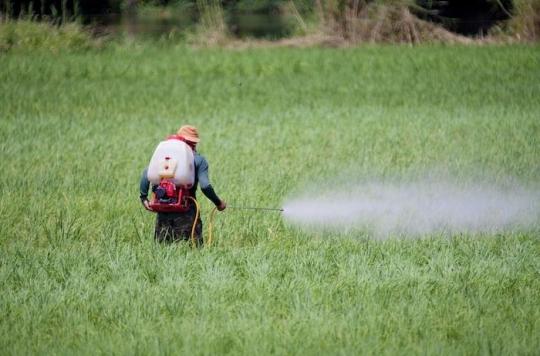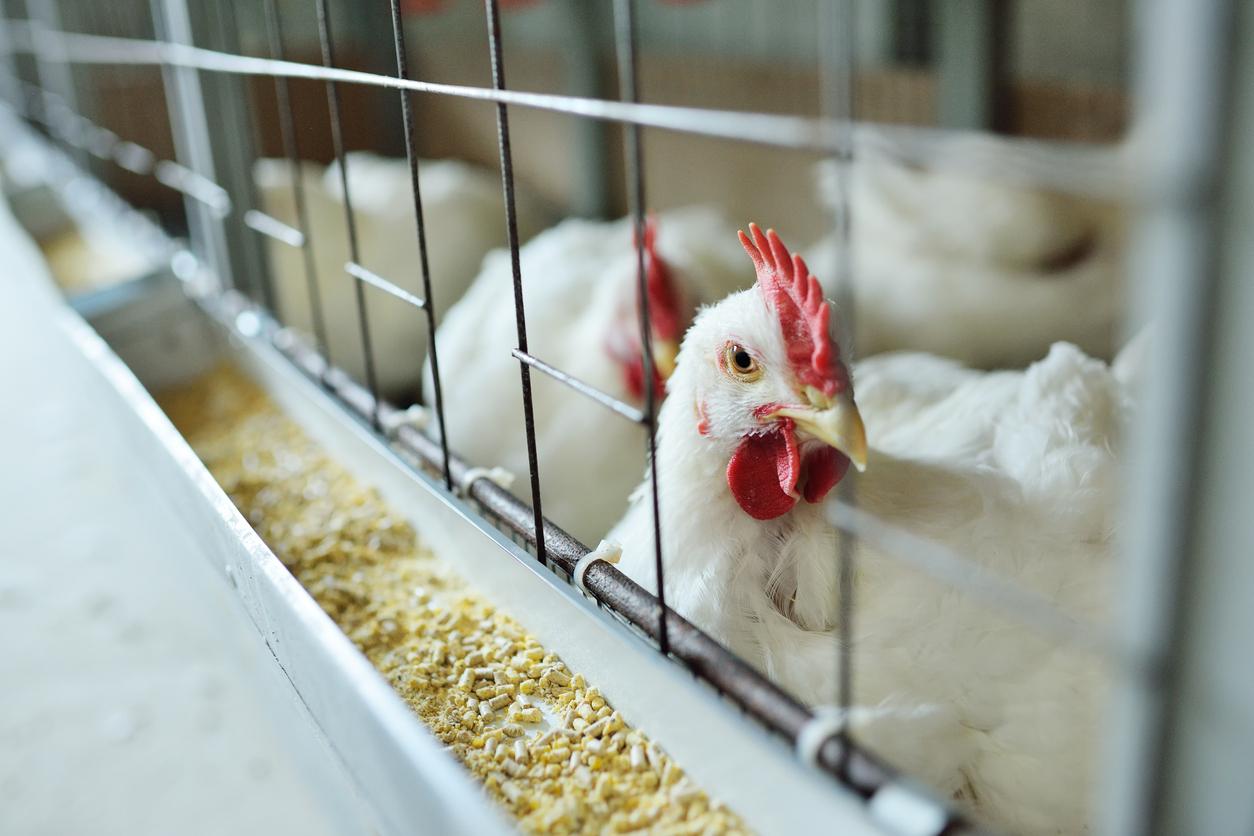After Switzerland, it was France’s turn to be pinned down for sale to atrazine, a toxic herbicide, to developing countries.

When the hospital laughs at charity. France exports toxic phytosanitary products, banned at home. Based on data from the European Chemicals Agency (ECHA), seven shipments of atrazine have in fact already been exported to Azerbaijan, China, Pakistan, Sudan, Switzerland and Ukraine since the beginning of the year, without the quantities of the product being known.
The herbicide, an endocrine disruptor banned in France since 2001 – used until 2003 – and in Europe since 2004, is however accused of polluting groundwater, causing allergic skin reactions, and even neurological development problems in people. fetus, according to Inserm.
And France is not the only hypocritical country. It is indeed the Swiss NGO Public Eye which revealed at the beginning of May that its host country continued to export the product to Argentina, Brazil, Cameroon, China, India, Pakistan, Peru and Thailand, after getting their hands on shipping documents from Syngenta. This leader of weedkiller is in fact Swiss: the group from the city of Basel holds between 40 and 50% of the world market share.
Moral and legal problem
The association accuses the exporting countries, Switzerland and France, but also Italy, the Netherlands, Belgium, Spain, of violating the terms of the Basel convention, and that of Bamako. The first regulates the transit of toxic waste between countries, and the second stipulates that “hazardous substances which have been banned” are considered toxic waste. […] in the countries of production for reasons of protection of human health or the environment ”, points out Public Eye.
Thus, in addition to the moral problem resulting from the sale of toxic products to countries which do not use it, the NGO hopes to bring about legal action for cases of sale to African countries which have signed the Bamako convention. “Exposing the population of other countries to toxins which have been shown to cause serious health problems, and can even lead to death, constitutes a violation of human rights,” according to the reporters of the United Nations on Toxics.
200,000 poisonings per year
Efficient and inexpensive, atrazine is mainly used to weed crops of corn and sugar cane. France had banned it after suspicion of dangerousness for humans, and having observed the excessive pollution of groundwater in certain regions (Brittany, South-West, Center and Ile-de-France in particular), sometimes exceeding twice European standards.
“Pesticides are responsible for some 200,000 deaths from acute poisoning each year, 99% of which occur in developing countries,” recalls the Swiss NGO.
.















